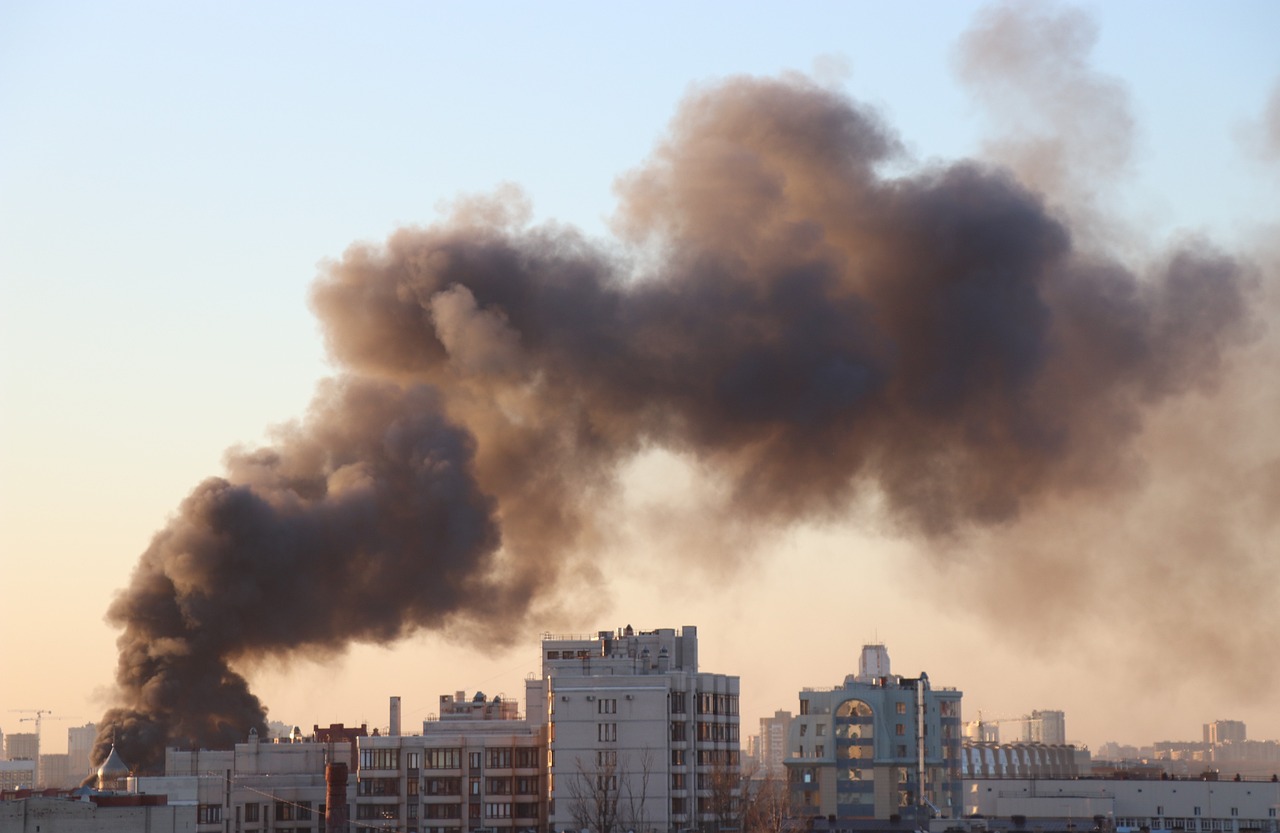In a significant diplomatic development, Qatar has agreed to expel the leadership of the militant Palestinian group Hamas from its capital, Doha, following a request from the United States. This decision marks a culmination of months of diplomatic pressure from Washington aimed at persuading Qatar to take more active steps in securing a ceasefire and facilitating hostage releases amid the ongoing Israel-Hamas war.
Hamas, which has long maintained a political office in Doha, is considered by the U.S. and European Union to be a terrorist organization. The group’s leadership in Qatar has been a subject of intense scrutiny, especially as the war between Israel and Hamas has escalated. In particular, Qatar’s role in mediating peace talks between Israel and Hamas has drawn both international praise and criticism, depending on the perspective.
Diplomatic Struggles and U.S. Pressure
According to CNN, Qatari authorities initially resisted calls to expel Hamas, with some reports indicating Qatar’s reluctance to sever ties with the group due to its longstanding role as a mediator in Middle East conflicts. However, as diplomatic efforts to secure a ceasefire faltered, the U.S. ramped up its pressure on Qatar, arguing that removing Hamas leaders from Doha would be a key step in securing broader peace efforts and ensuring that Qatar was not facilitating Hamas’ military and logistical activities.
The decision to expel Hamas came after months of failed attempts to negotiate a ceasefire, with the group consistently refusing to enter into discussions unless certain conditions were met, including the release of Palestinian prisoners and an end to Israeli military operations in Gaza.
Qatar’s Changing Stance
Qatar’s relationship with Hamas has long been controversial, as it has hosted several senior Hamas officials, including Ismail Haniyeh, the group’s political leader. The Gulf nation has also provided significant financial support to the Palestinian people, including funding for humanitarian aid in Gaza. However, the ongoing violence and rising international pressure, particularly from the U.S. and Israel, has prompted Qatar to reconsider its stance.
The expulsion of Hamas could represent a significant shift in Qatar’s foreign policy. It reflects the growing complexity of Qatar’s diplomatic balancing act—on one hand, maintaining ties with key regional players and international allies, and on the other, managing its relationship with Palestinian factions. Expelling Hamas may also signal Qatar’s desire to align more closely with international efforts aimed at de-escalating the violence in Gaza, while avoiding further isolation.
Implications for the Middle East Peace Process
The U.S. request for Qatar to expel Hamas comes as part of broader efforts to rein in the conflict and push for a ceasefire. The U.S. has been deeply involved in diplomatic efforts in the region, not only pressuring Qatar to take action but also engaging with Israel and other Arab states to find a peaceful resolution to the crisis. However, the failure of direct negotiations between Israel and Hamas has underscored the challenges of achieving peace amid deeply entrenched hostilities.
The Qatari government has long portrayed itself as a mediator in Middle East peace processes, and this latest move could signal a pivot in the country’s foreign policy. Expelling Hamas would likely improve Qatar’s relations with the U.S., Israel, and other Western nations, which have been critical of Qatar’s role in harboring Hamas leadership.
International Reaction
International reactions to Qatar’s decision are likely to be mixed. While the United States and Israel will likely see this as a positive step toward supporting a more peaceful resolution, Palestinian factions and regional allies may view this move as a betrayal. Hamas, for its part, is unlikely to accept the decision quietly, and the expulsion could deepen divisions between Qatar and some of its regional partners.
Nevertheless, by expelling Hamas, Qatar may be seeking to balance its role as a mediator with its need to maintain strong ties with international powers. The decision to do so could also be seen as an effort to restore Qatar’s standing in the international community as a nation committed to promoting peace and stability in the Middle East.
Conclusion
Qatar’s decision to expel Hamas, under U.S. pressure, represents a significant shift in the country’s foreign policy and its role in the Middle East conflict. The expulsion is likely to have broad diplomatic implications, potentially altering the dynamics of peace negotiations in the region. As Qatar navigates its relationships with both Hamas and its international allies, it remains to be seen how this move will influence the trajectory of the Israel-Hamas conflict and the broader Middle East peace process.
For further details on the development, refer to the CNN report on the issue: CNN Article on Qatar and Hamas.



